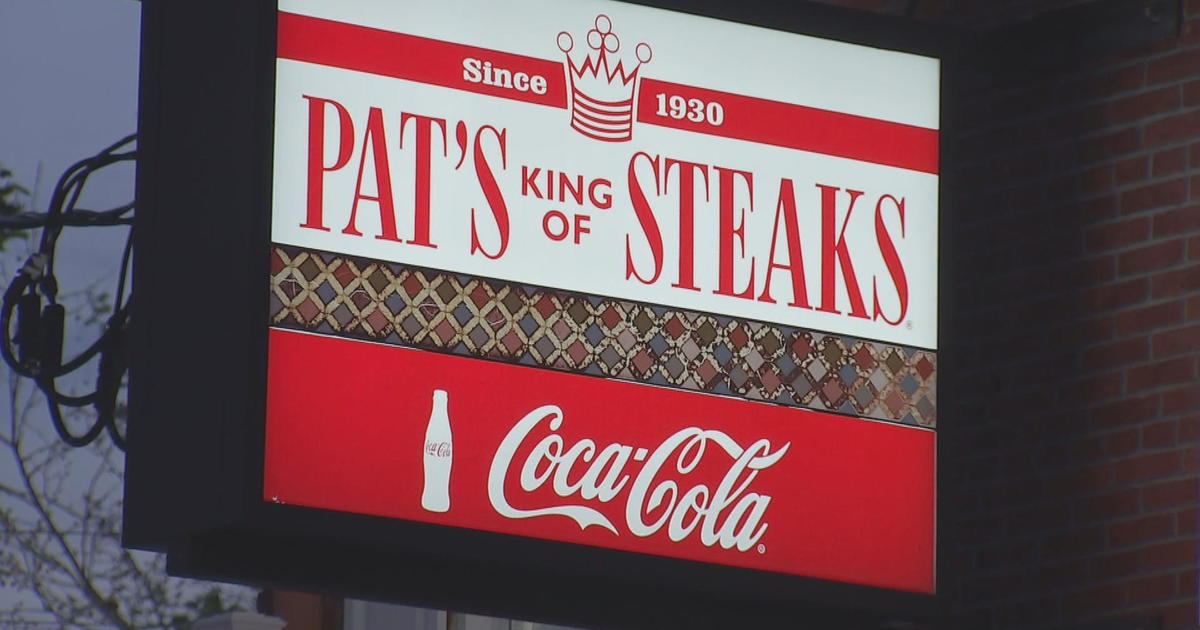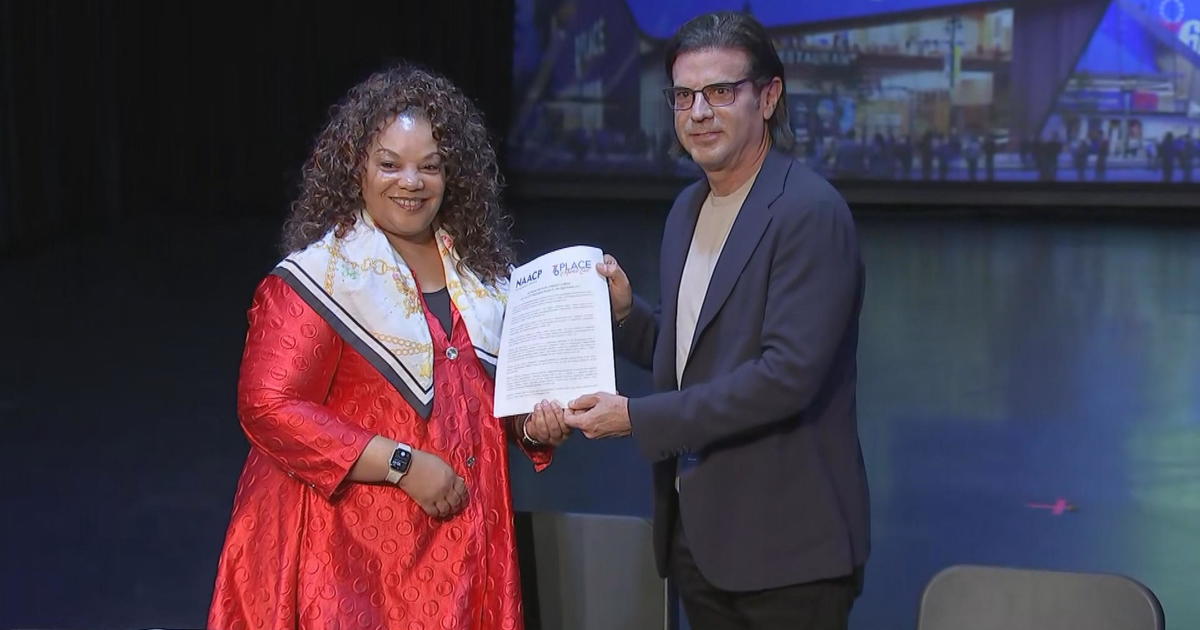A Gay Latino Group Aims To Stop Stigma Associated With HIV and AIDS
By Cherri Gregg
PHILADELPHIA (CBS) - With the AIDS Walk Philly just days away, a queer Latino group is carrying out a new campaign to stop the stigma associated with HIV and AIDS in North Philadelphia.
Latinos make more than 13-percent of new HIV cases and, according to statistics, they are less likely to get tested. Experts believe the stigma of having HIV could discourage early testing. So "Positivo" is all about transforming negative attitudes about having HIV into positive.
"We kept hearing Latinos are homophobic, there's more stigma in the Latino community," says Elicia Gonzales, executive director of GALAEI. "But that's not true."
Gonzales says the GALAEI conducted a small survey of about 100 people showing that Latinos are accepting of family members and friends who are gay, as well as those with a known HIV status. So she says they launched Positivo to help dispel the myth. The campaign includes positive images of Latinos from the neighborhood saying what's positive about knowing your HIV state.
"We canvassed in as many parts of North Philly as we could," says Nikki Lopez, youth counselor at GALAEI. "We really wanted to integrate the images into the communities themselves, especially in areas that do not have the resources we have downtown."
The group also started a social media campaign on Twitter, Instagram and Facebook with the hashtags #PositivoPhilly and #GALAEIPhilly. The group says Positivo is the first campaign of its kind.
"The fact that you can have a healthy life and have HIV, those stories are not being told," says Gonzales. "We are flipping the script, focusing on the positive aspects of living with HIV. Positivo means HIV is not just a status."
"Being brown and being gay, you live with this expectation, this notion that you are positive," says Louie Ortiz. He and his 11-year-old son, Lamont, are featured in the Positivo posters. He says he was nervous putting his face on a poster about HIV, but the results were positive.
"I didn't want to have to answer questions about my status on the block," says Ortiz, "But seeing the response, I don't know what I was worried about."
Ortiz help conceptualize the project.
"I want [that] when people see the pictures they don't see a death sentence," he says. "Instead, I hope they see power and hope and love."
For more info on Positivo or on how to share your story, visit: www.GALAEI.org.
You can follow Cherri Gregg on Twitter @cherrigregg.



